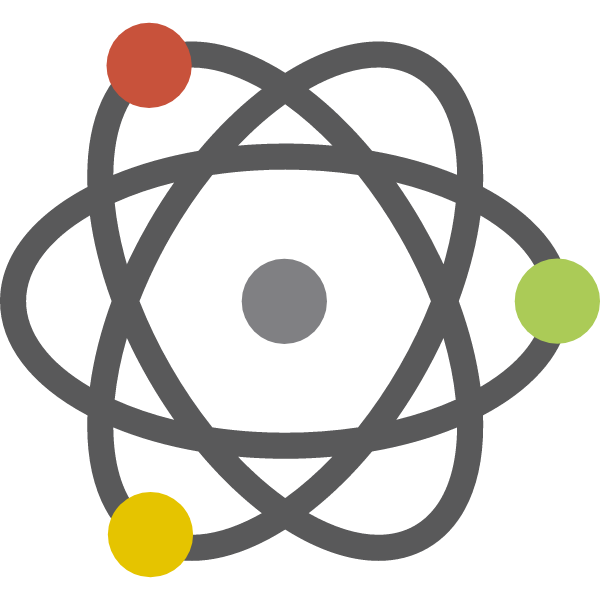This repository provides a template of the AI-READI dataset. It is meant to provide a place for the AI-READI team to workout the details of the structure of the data and metadata files in the dataset. It is also meant to provide an overview of the AI-READI dataset as well as an in-depth understanding of its structure to potential reusers of the dataset outside of the AI-READI team.
This template is based on the following fictitious situation:
- The dataset includes data from four study participants (one at UCSD, one at UW, and two at UAB).
- All the dataset has been collected, but some is missing for certain participant (e.g., activity monitoring data is missing for participant 0004).
The participant.tsv file in the latest template provides an overview of this situation.
The structure of the high-level structure of the data and metadata is based on the Clinical Research Dataset Standards. The data type specific data and metadata structure is based on data type specific standards being established in the AI-READI project. The template of the AI-READI dataset will evolve as the standards we follow for data and metadata evolve. The latest template is available here.
Each version of the AI-READI dataset template is stored in a dedicated folder under the versions folder. The main folder contain a copy of the latest released version where edits/suggestions can be made via pull request. At the time of the release of a new version of the template, the version in the main folder will be copied in the versions folder and renamed after the new version number. Changes between the different versions are tracked in the CHANGELOG file.
Contributions are always welcome!
Use the GitHub issues for submitting feedback or making suggestions. You can also fork the repository and submit a pull request with suggestions. Make your suggestions on the main folder of the main branch if making suggestions on the last released version of the template or on the main folder of the staging branch if making suggestions on the lastest draft version (suggested). Make sure to read our Contributing guidelines.
This work is licensed under a Creative Commons Attribution 4.0 International License. See LICENSE for more information.
If you are using the template or any of the associated effort, please cite:
Coming soonThis project is funded by the NIH under award number 1OT2OD032644. The content is solely the responsibility of the authors and does not necessarily represent the official views of the NIH.






